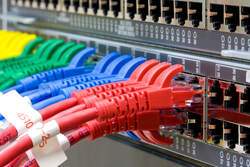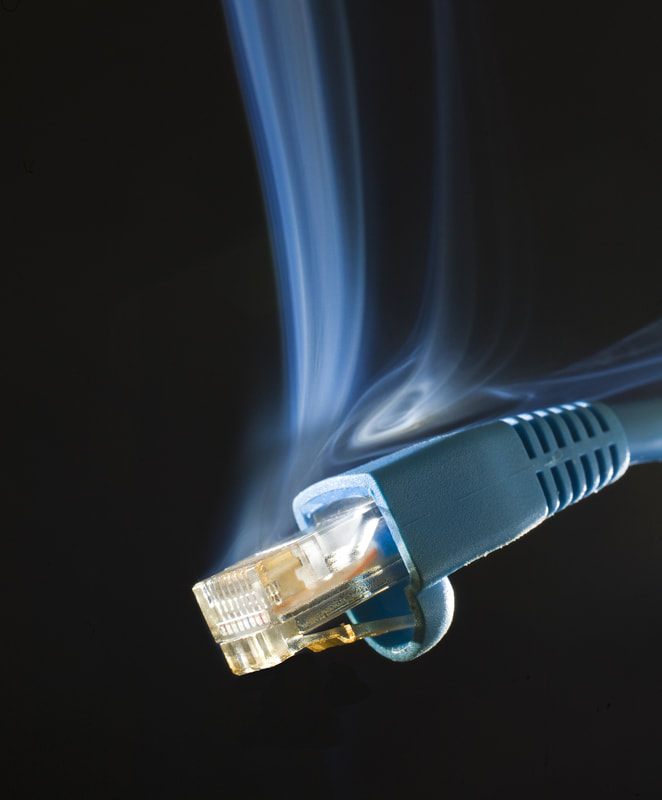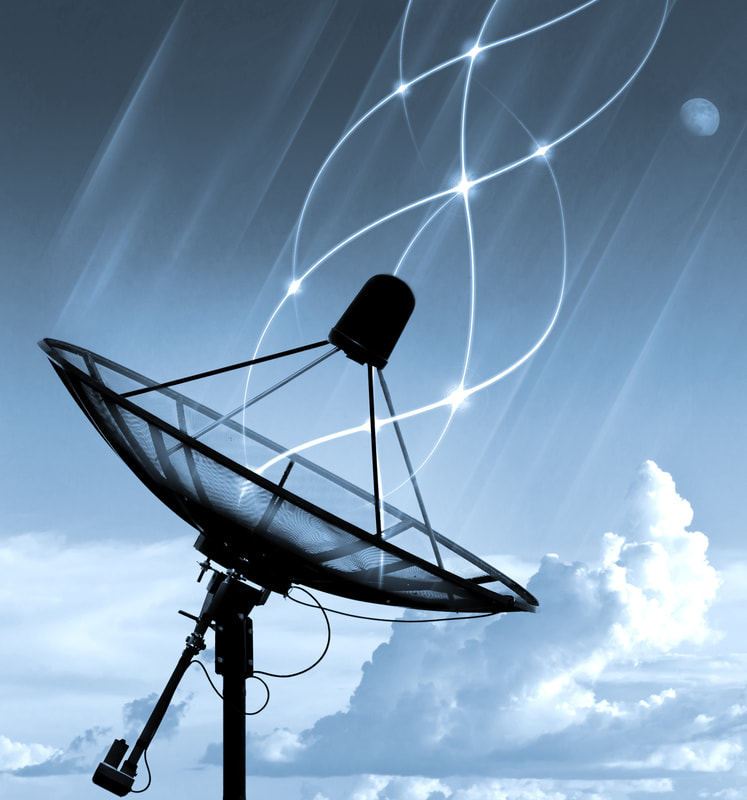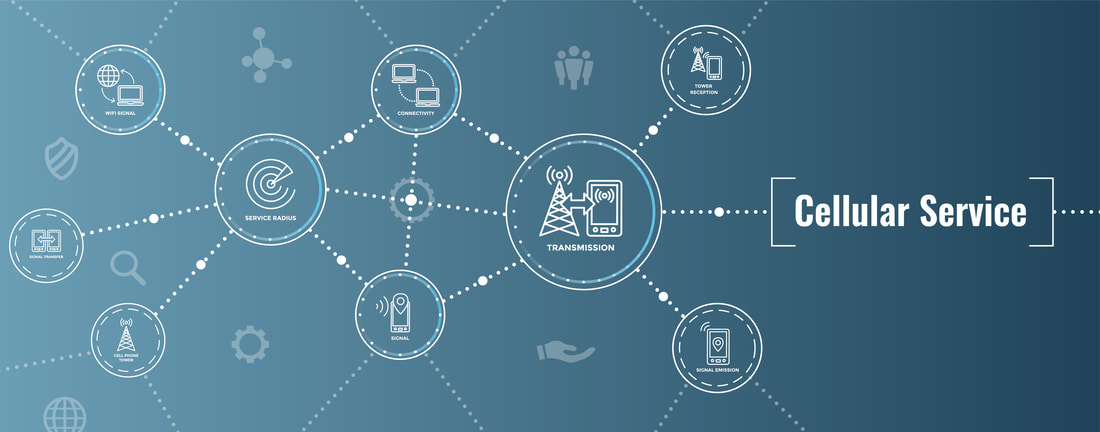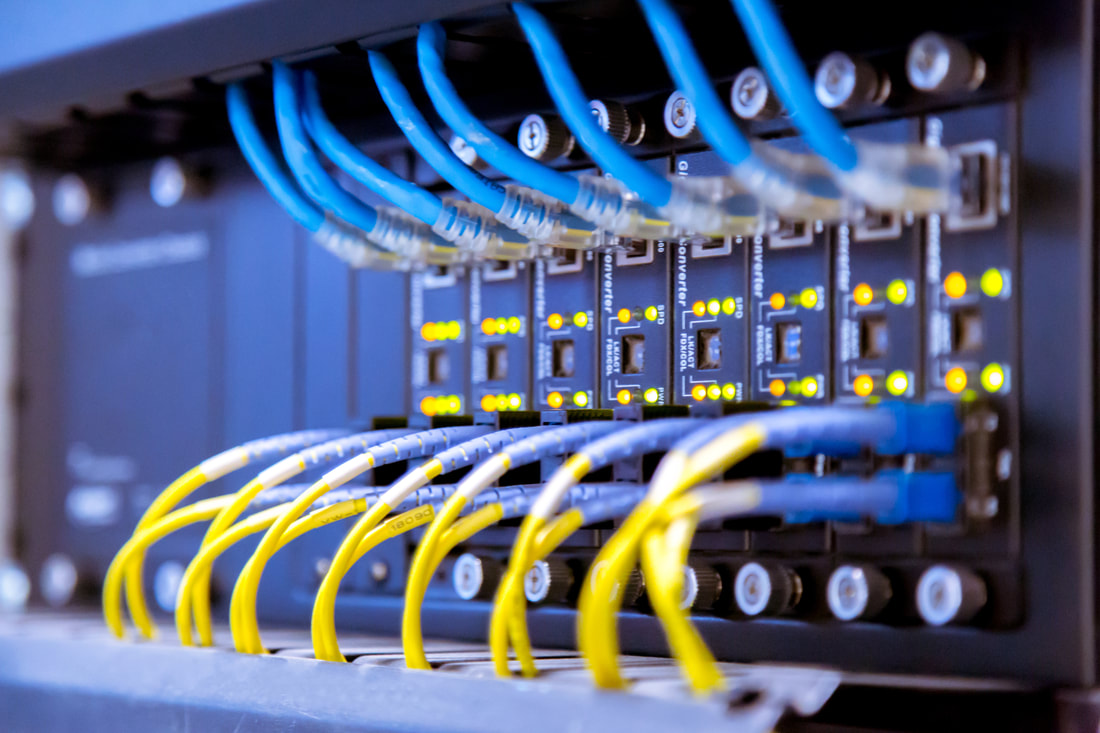|
In this article, I will go over the best Internet Access service for your business and help you understand the differences between Fiber vs. Cable vs. Satellite vs. Cellular and much more. There's still a lot of confusion on the different Internet access options available and which Internet Service providers are the best. Internet Access has become an essential service to run a business and many parts of our personal life. It's hard to believe we ever lived a life without internet access. These days no business can imagine itself functioning without email and accessing the Internet multiple times a day. We market our businesses in social media, and Google is our preferred way to research almost anything. Gone are the days of backup tapes or even physical servers. Most companies have moved their data to the cloud. To save space on computers, smartphones, and tablets, we now use file storage services. Companies use the big cloud players to set up their servers in the cloud. This enables its users to work remotely from anywhere and ensures business continuity. To be able to access our files from these services we need good reliable Internet Access. We are no longer tied down to a computer since we can carry all our files in our pockets. Since accessing the Internet has become so crucial for us, we must understand the options available to us, how they work, how much they cost, and what providers you should use. When it comes to Internet Access, it’s divided into two groups. Dedicated Internet Access and Shared Internet Access.
|
TCI Toral Communications Inc.


